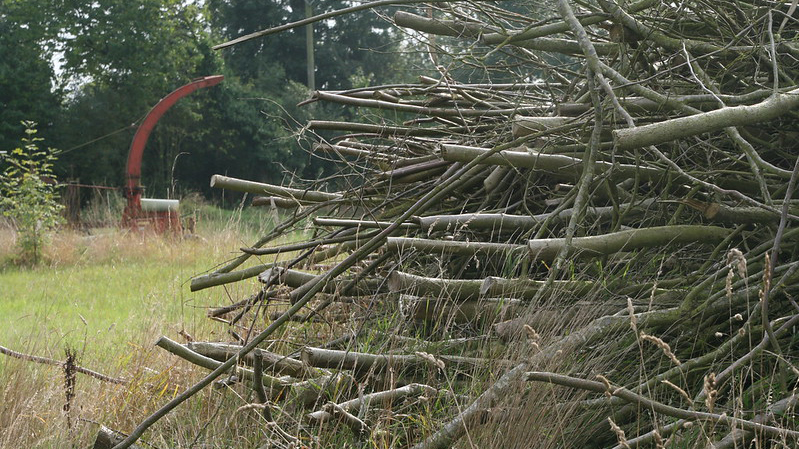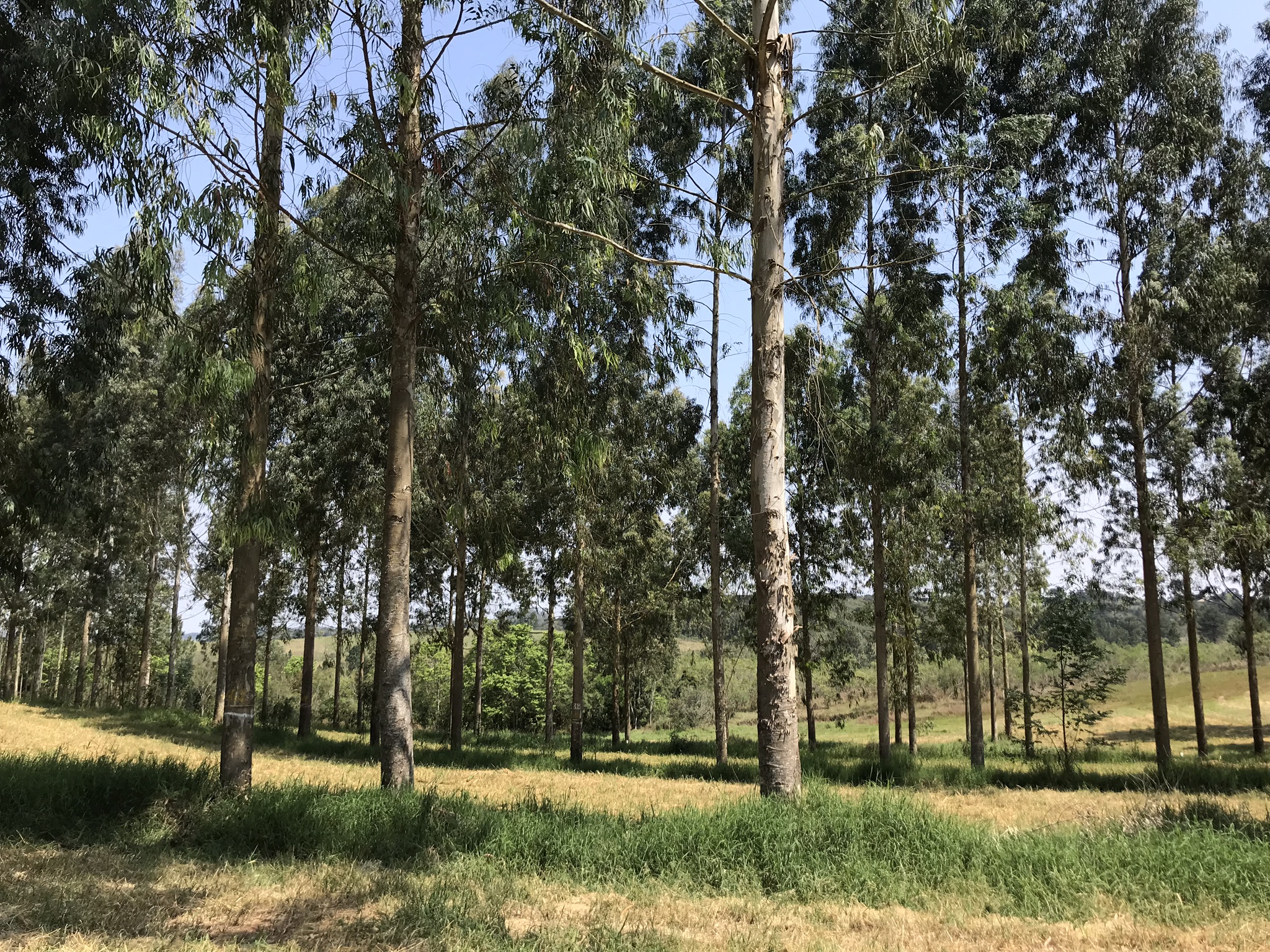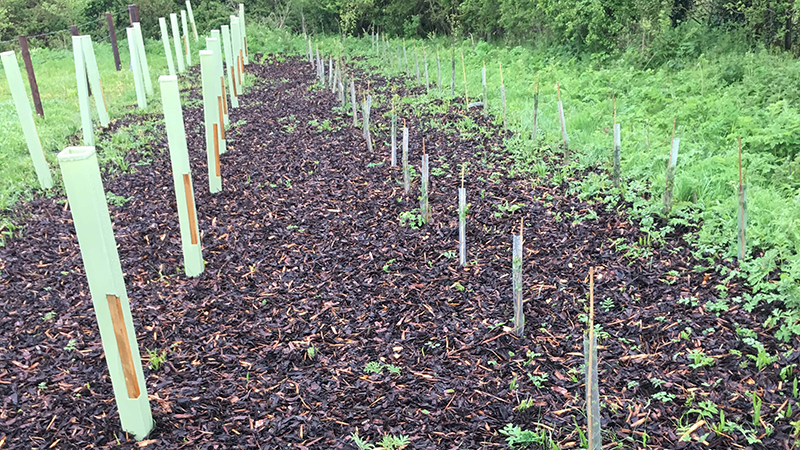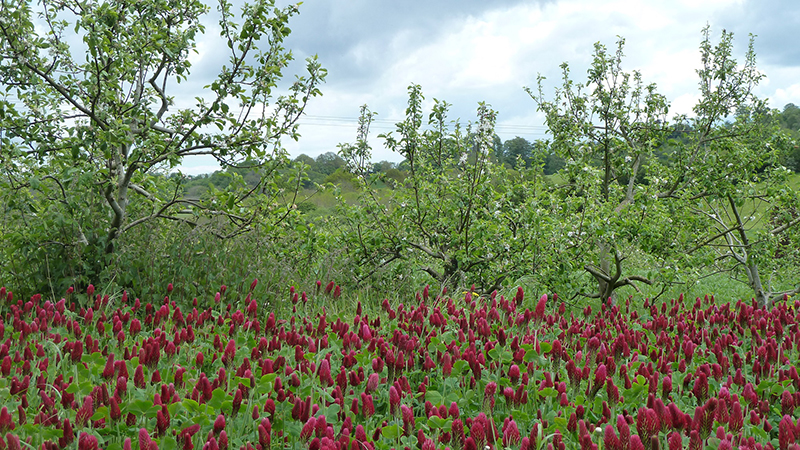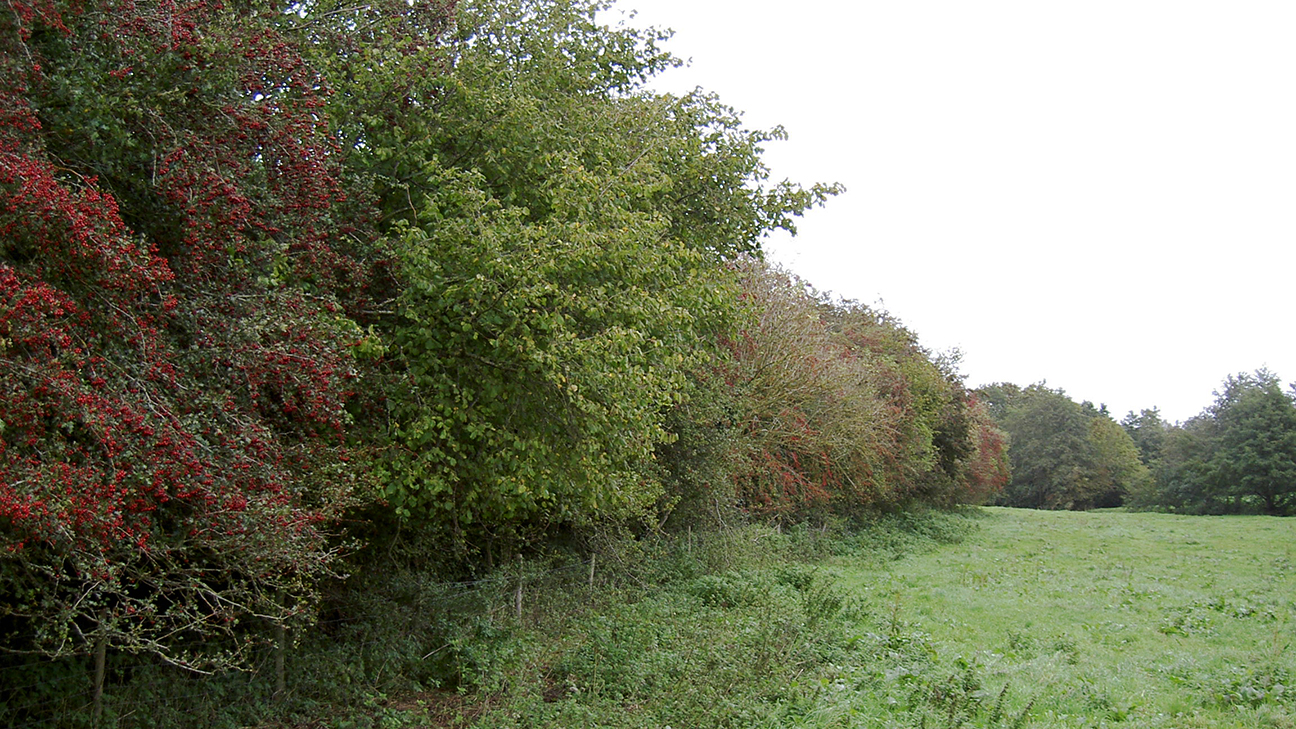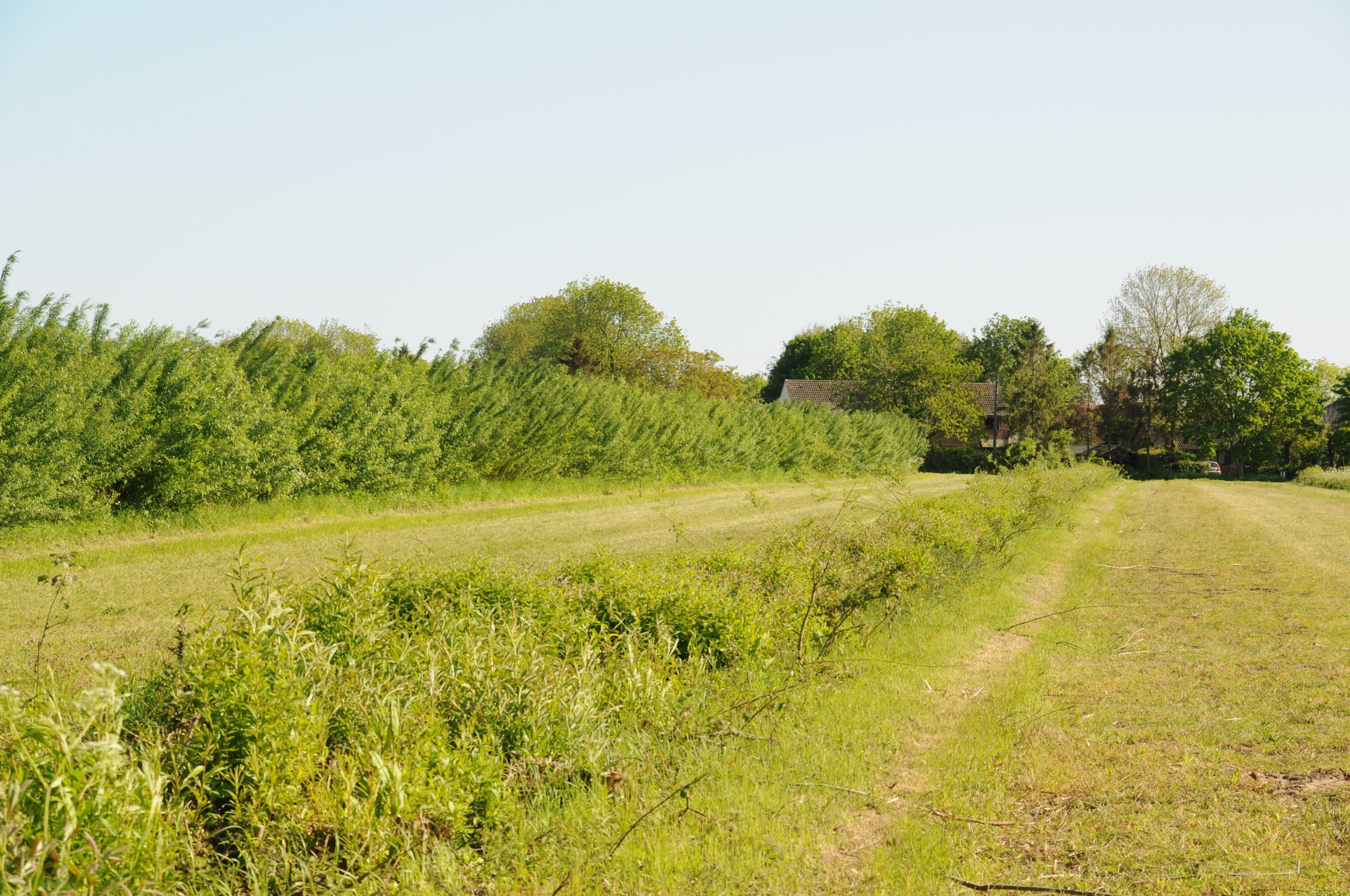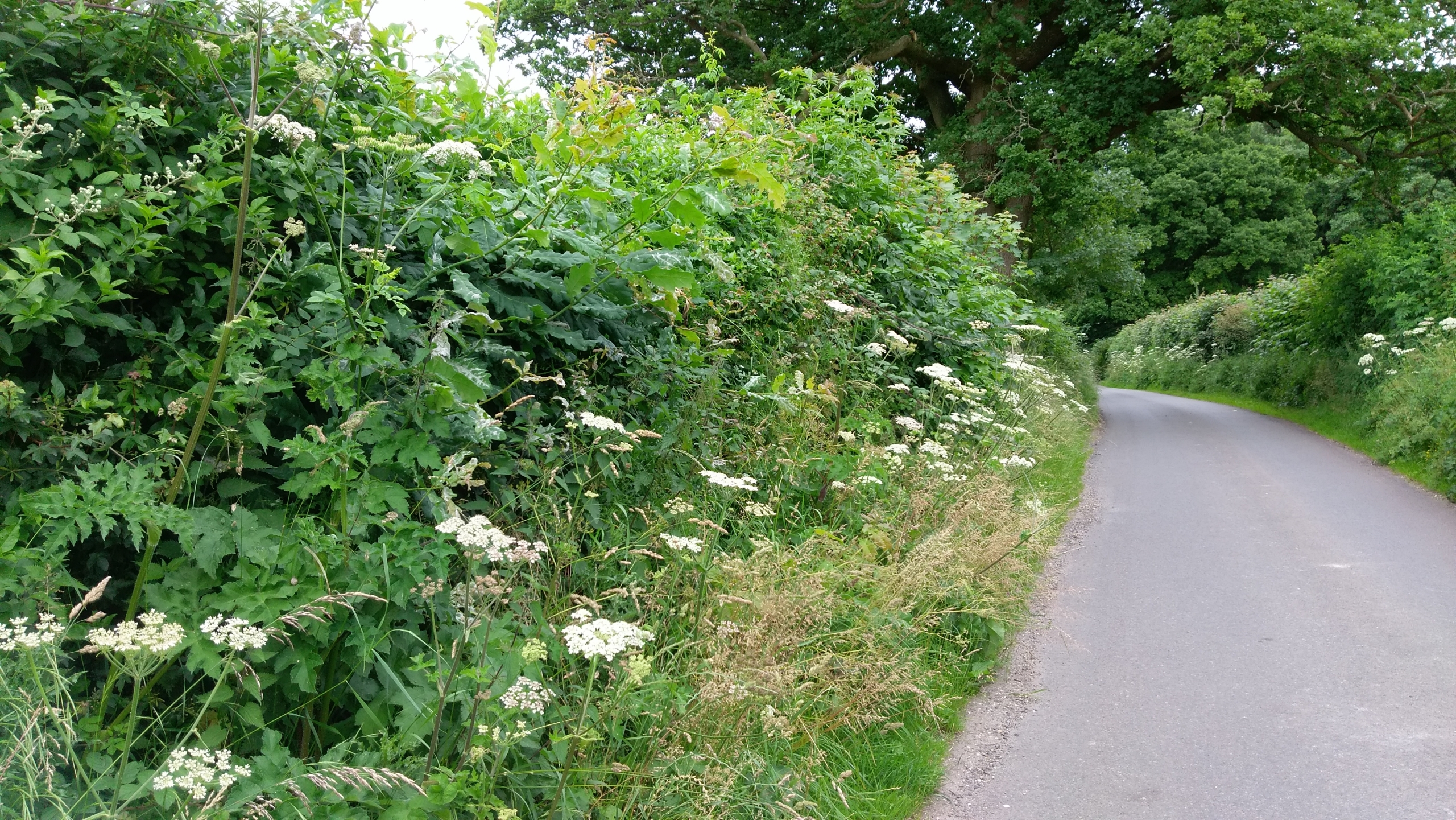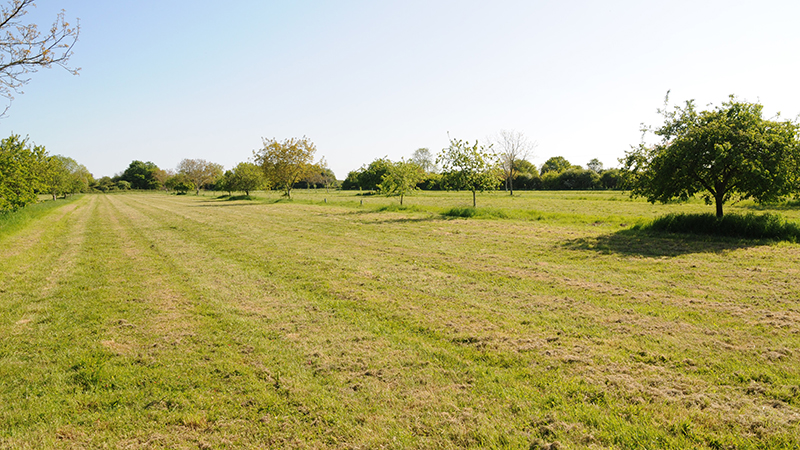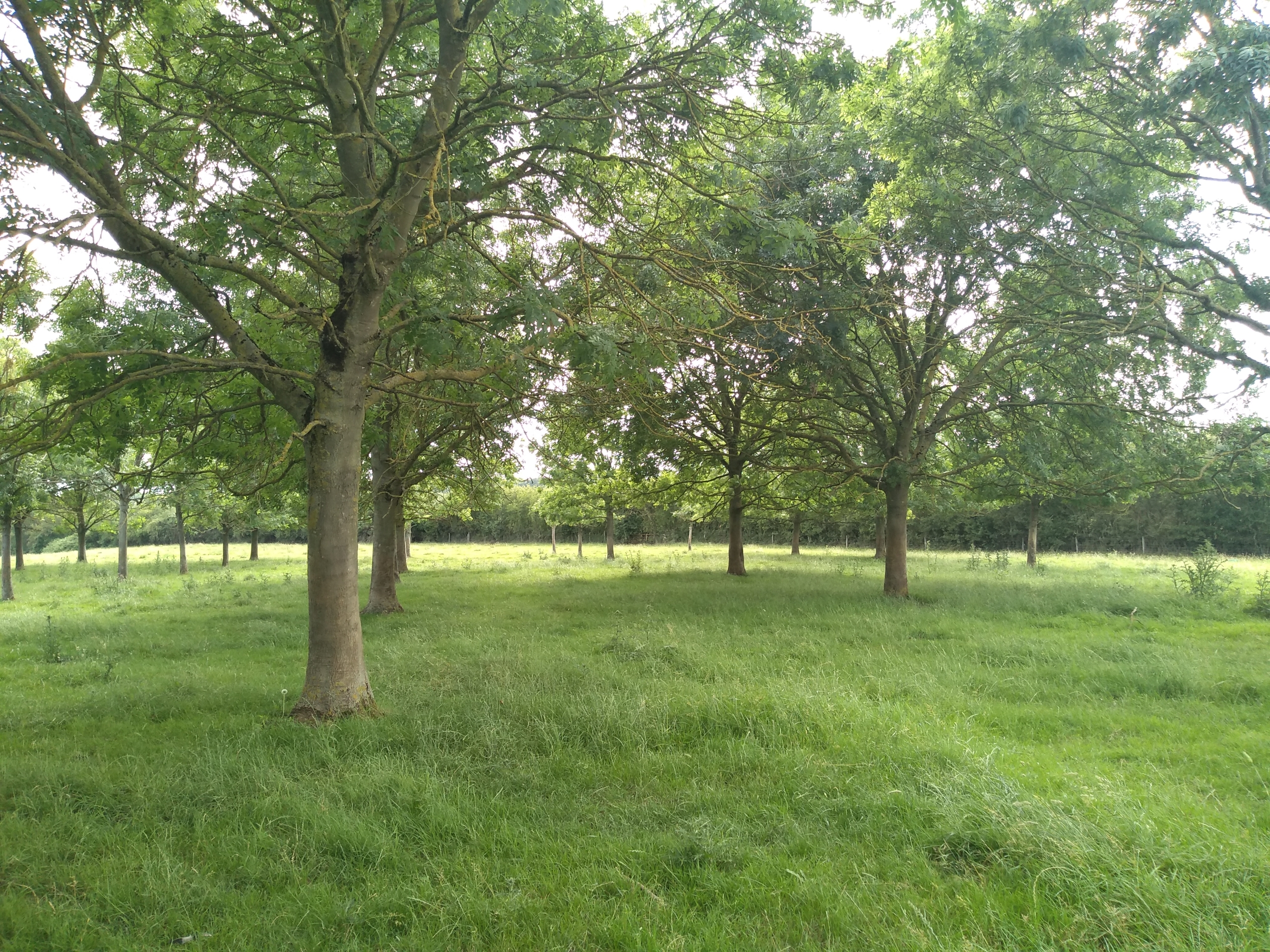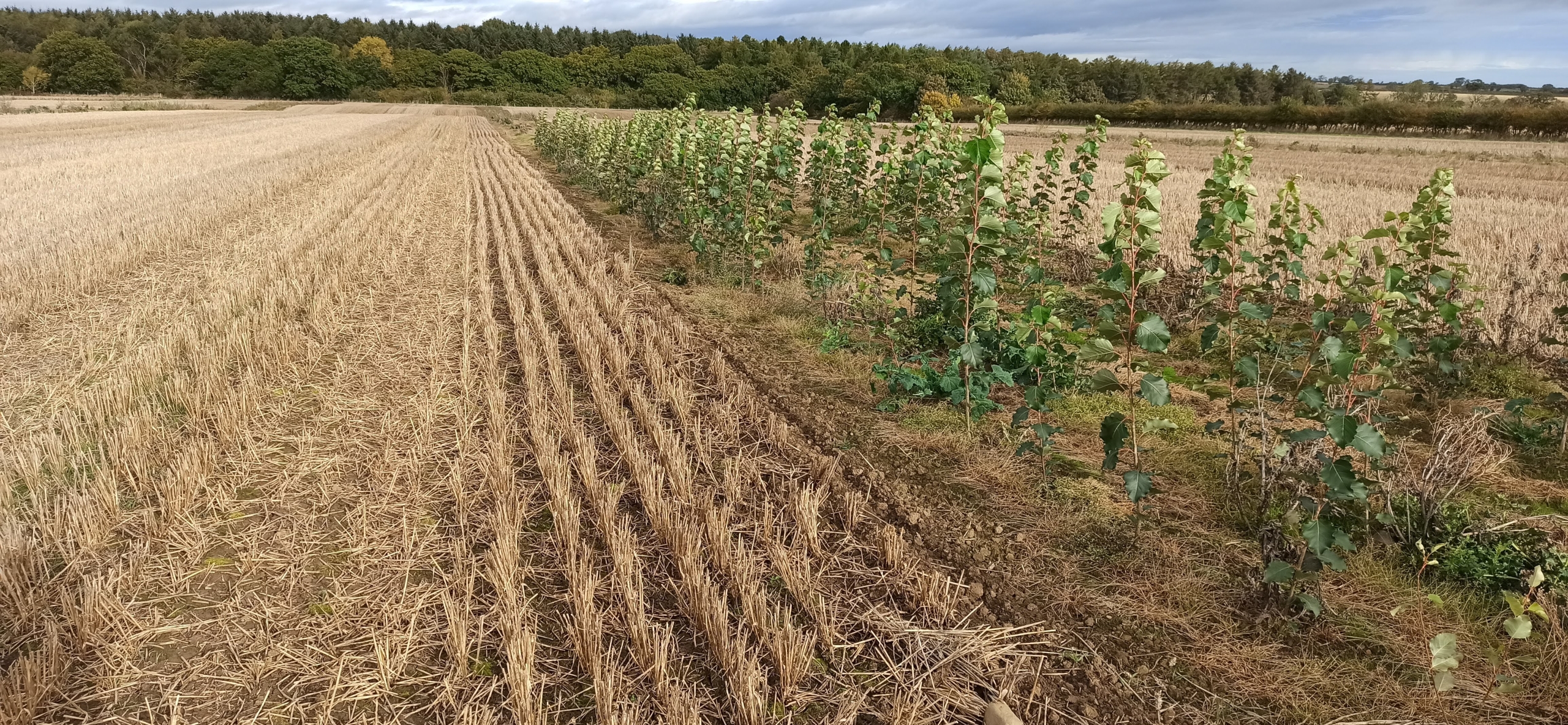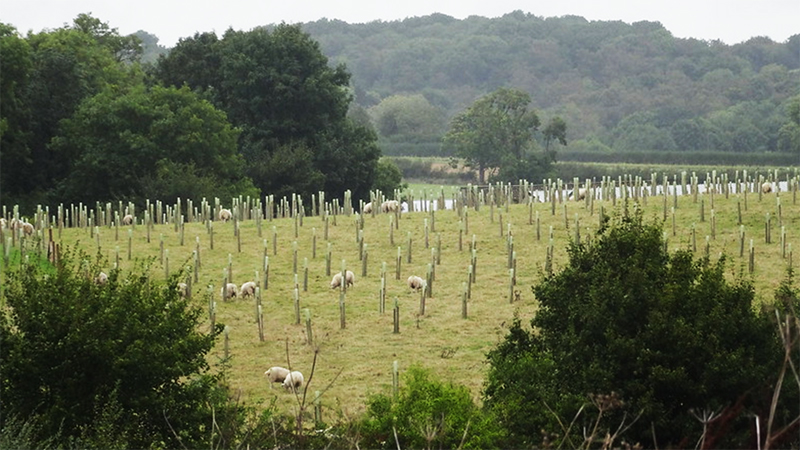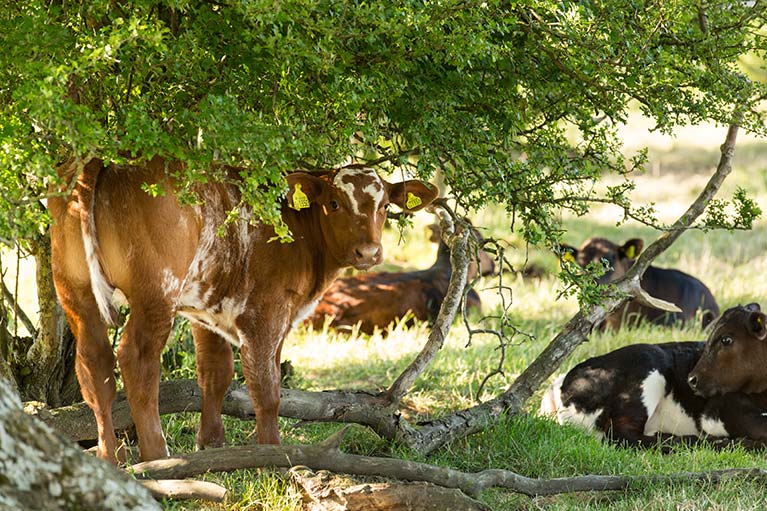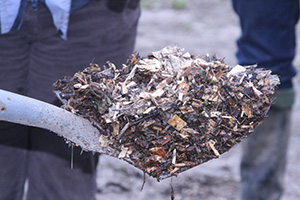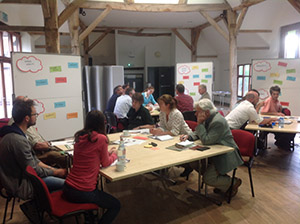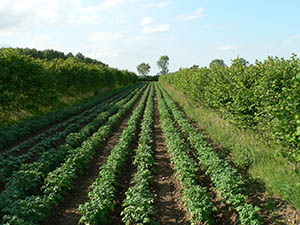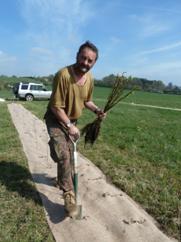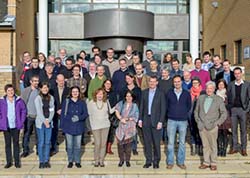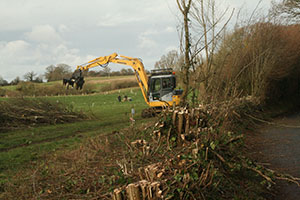Farming the Future: Networks of supply for agroforestry products
This project as part of a wider body of work funded by Farming the Future addresses market access barriers in agroforestry
UK-Brazil-Africa Silvopasture Network
This project aims to promote the use of silvopasture to build resilience in the livestock sector of Ghana and Nigeria, by networking with stakeholders in these African countries, UK and Brazil.
Optimum Shelterbelts
The Optimum Shelterbelts project has delivered a suite of production and landscape protocols which will create knowledge of agroforestry systems in UK. These data are designed to be collected in the same timeframe, offering insights into how shelterbelts impact farming and nature over time.
Agroforestry and orchard pilot study
ORC pilot study assessing the results and outcomes of a mini-grant scheme supporting tree planting activities as part of Defra’s Trees Outside Woodlands programme.
Aiming high for hedgerows
This project explores how the government’s targets of creating or restoring 30,000 miles of hedgerow by 2037 and 45,000 by 2050 can become a reality, looking at the opportunities and also potential barriers to achieving this goal.
Agroforestry ELMS Test on advice and guidance
Building on the recently completed Agroforestry Test 106, this project led by the Woodland Trust will develop different advice and guidance offers to farmers embarking on agroforestry and test their effectiveness in supporting successful design of agroforestry systems
Importance of Hedgerows as Wildlife Corridors
This project aims to prove that connecting patches of woodlands together by hedgerows has a beneficial effect on the woodland ecology by providing a migratory bridge for species from one area to another.
Whole farm carbon framework
A six-month development project to scope a joined-up approach that would allow farmers and land-owners/managers to easily and simultaneously access relevant carbon markets for woodland, peatland, agroforestry and hedgerows.
Agroforestry Carbon Code
The project explored the potential for the carbon captured and stored by trees in agroforestry systems to be quantified and potentially used to support the net zero strategies of farmers, land managers and their partners and funders.
A National Network of Agroforestry Farms
Sharing knowledge and evidence of the value of agroforestry through a network of farms and initiatives across the UK working to balance the objectives of simultaneously and sustainably growing food, transition to the new ELM Scheme and contribute to ‘public goods.’
Agroforestry ELM Test 106 – Designing an Environmental Land Management system for UK agroforestry
AGROforestry and MIXed farming systems — Participatory research to drive the transition to a resilient and efficient land use in Europe (AGROMIX)
The project investigates the opportunities given by mixed farming and agroforestry systems for carbon balance and climate change mitigation and adaptation
WOOFS: WOOdchip For Fertile Soils
WOOFS is a new EU-funded EIP Operational Group of researchers, farmers and foresters from the UK. The group is led byORC and formed to investigate the role of woodchip in soil health.
Agroforestry Innovation Networks
AFINET will promote innovation in agroforestry through the development of a network, based on successful sharing of practical experiences and existing research knowledge, applied to different contexts, climates and agricultural sectors.
Innovative and sustainable intensification of integrated food and non-food systems to develop climate-resilient agro-ecosystems in Europe
The main objective of SustainFARM is to enhance agronomic, environmental and economic performance of integrated food and non-food production systems (IFNS) by optimizing productivity and valorizing woody components, residual wastes and co-products.
Agroforestry in dairy systems, a part of Sustainable Organic and Low Input Dairying
This project, part of SOLID, is investigating the potential of integrating bioenergy production from short rotation coppice with dairy systems for alternative feed resources, improved animal welfare, enhanced productivity and environmental benefits.
AGroFORestry that Will Advance Rural Development (AGFORWARD)
Working with 26 partners from across 23 European countries, this project aims to promote agroforestry practices in Europe that will advance sustainable rural development, i.e. improved competitiveness and social and environmental enhancement.
Towards Eco-energetic Communities
Realising the economic potential of using biomass from landscape elements for local energy or heat production with respect for the current ecological, cultural and social functions that these landscape elements fulfil.
Innovative strategies for copper-free low input and organic farming systems
The project aims to develop innovative methods, tools and concepts for the replacement of copper in European organic and low input fruit, grapevine, potato, and tomato production systems.
Can agroforestry reconcile conflicting demands for productivity, biodiversity conservation and delivery of ecosystem services?
This PhD aims: (i) to identify which goods and services agroforestry systems can deliver, (ii) to quantify the values of these services (ecologically and economically), and (iii) to inform the process of how policy can support these activities.
Eco-Agroforestry Network
The Eco-Agroforestry Network aims to bring the sustainable agroforestry approach into the mainstream of UK food, fuel, timber, and fibre production, through research, dissemination, and policy change.
Impacts of organic silvoarable systems on pest and disease distribution – Sheepdrove Organic Farm, Berkshire
MSc research project investigating the distribution of pests and diseases, and microclimatic differences, within a silvoarable system and arable control system.
A review of temperate agroforestry research literature
A comprehensive review of research activities in temperate agroforestry systems was carried out to provide a basis for identifying the potential of agroforestry as a land use system that balances productivity with environmental protection.



